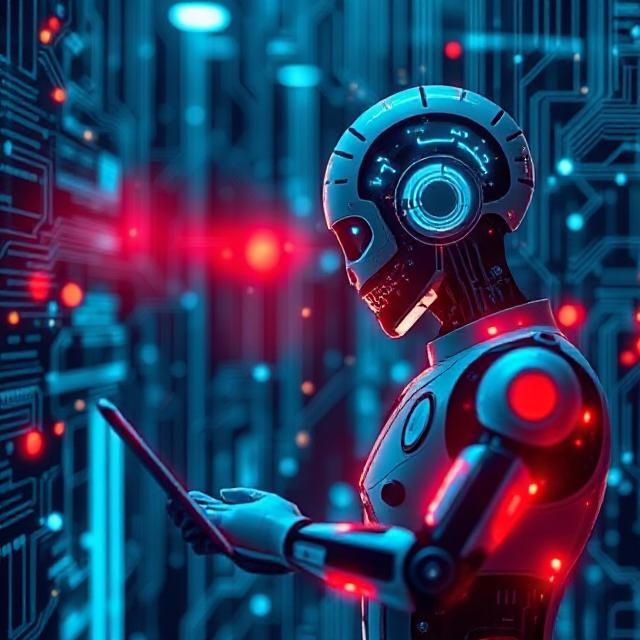The labor market is undergoing one of the most profound transformations in human history. Artificial intelligence, once confined to narrow applications like spam filters or chess engines, is now capable of generating content, analyzing medical images, writing code, and even creating music. In 2025, the question is no longer if AI will change the nature of work—but how fast, how deep, and how fair that change will be.
Automation at Scale
A report from the World Economic Forum projects that by 2030, over 800 million jobs globally could be impacted by automation. In 2025, we are seeing early signs of this shift: customer service agents are being replaced by chatbots, legal assistants by AI contract analyzers, and warehouse workers by robotics.
But it’s not just low-skill jobs that are affected. Entry-level roles in marketing, accounting, and journalism are increasingly automated. Generative AI tools can now create social media campaigns, balance budgets, and draft news articles in seconds.
Rising Demand for New Skills
Despite the threat of job displacement, new roles are emerging: AI trainers, prompt engineers, ethics auditors, human-AI collaboration specialists. Soft skills—like critical thinking, empathy, and adaptability—are becoming even more valuable.
“AI may eliminate repetitive tasks, but humans are still needed to interpret context, provide judgment, and design systems,” says Sarah Long, Chief Talent Officer at a global tech firm. “The workplace of the future is hybrid—between human and machine.”
Government and Corporate Response
To address the AI revolution, countries like Singapore, Germany, and Canada have introduced large-scale upskilling programs. Meanwhile, corporations are investing billions in retraining workers for digital and creative tasks. Some governments are also exploring universal basic income (UBI) pilots as a cushion for the displaced.
Yet, a digital divide persists. Not all workers have equal access to reskilling opportunities, and not all industries are transforming at the same pace.
What Lies Ahead?
In the short term, disruption will continue. But over the next decade, AI could lead to higher productivity, shorter workweeks, and more meaningful jobs—if managed wisely.

Leave a Reply